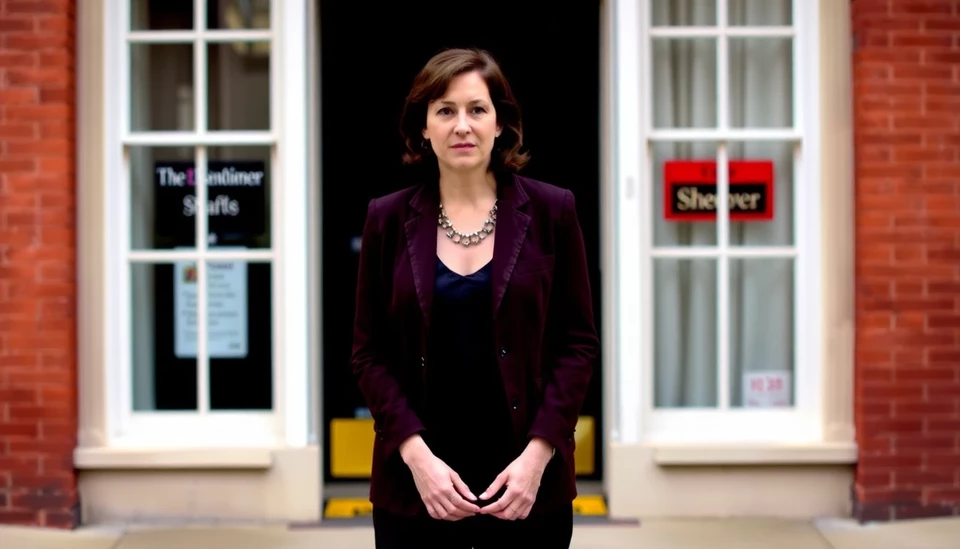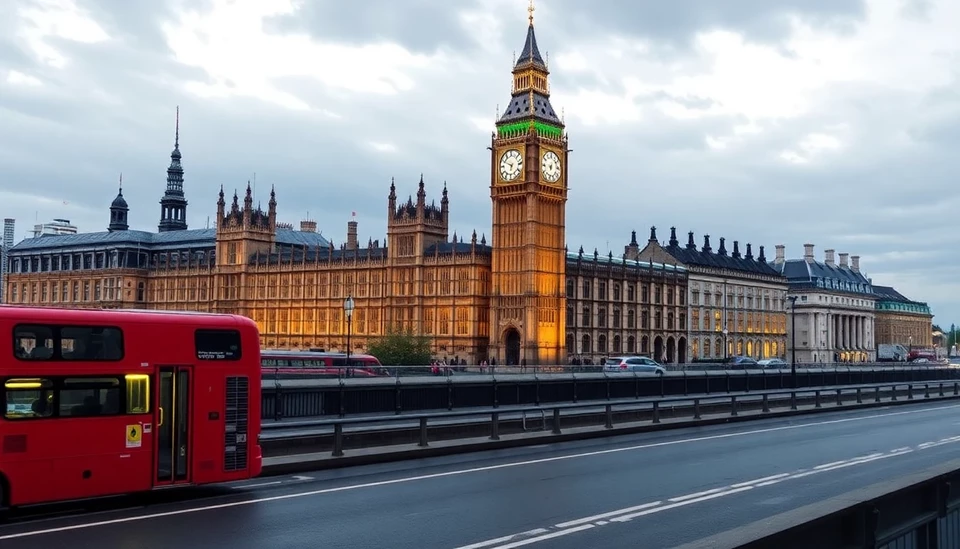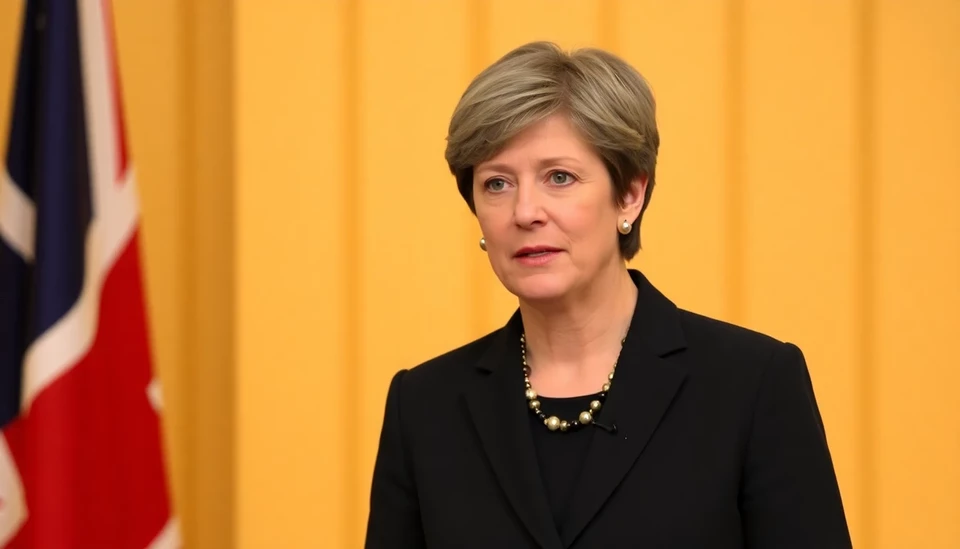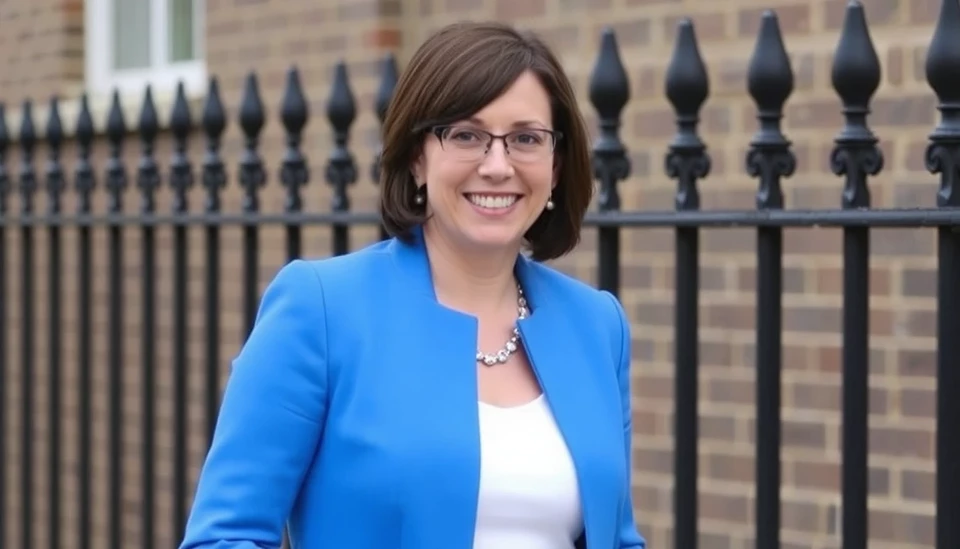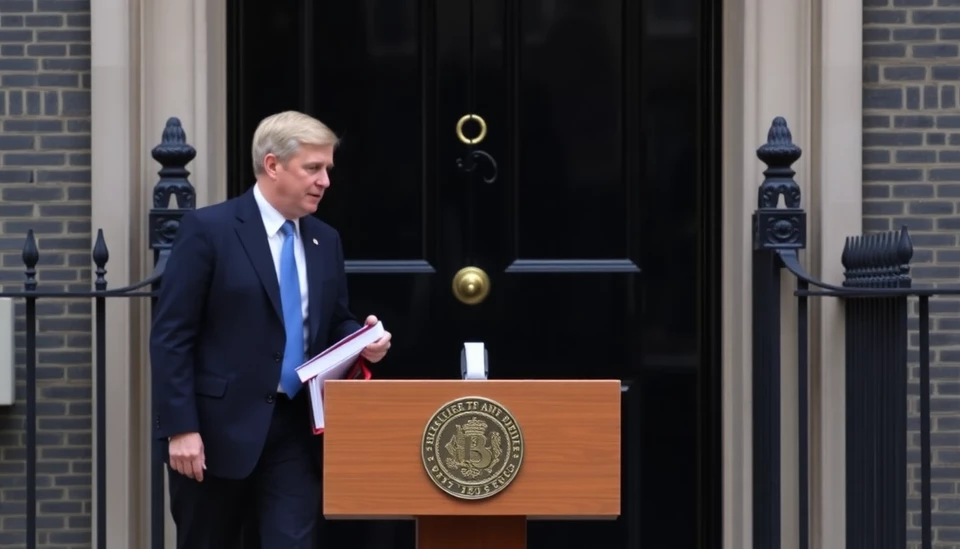
Recent economic analysis highlights the imminent challenges facing UK Chancellor of the Exchequer, Rachel Reeves, as she approaches fiscal decisions that could determine the financial landscape for the nation. According to insights from the Institute for Fiscal Studies (IFS), tax increases may be unavoidable unless Reeves secures unexpectedly favorable economic outcomes.
The IFS report underscores the precarious position of the UK economy, dealing with the lingering effects of inflation, economic slowdown, and increased public spending demands. As the UK grapples with its post-pandemic recovery, the pressure to maintain balance in the public finances is more pressing than ever.
Specifically, projections indicate that government spending is set to rise significantly over the coming years, fueled by commitments to various public services and welfare programs. This surge in expenditure, combined with ongoing economic uncertainty, leaves Reeves with few options to close the fiscal gap without implementing tax hikes.
During a recent press briefing, Reeves was candid about the challenges ahead. She acknowledged that while her government has made strides in stabilizing the economy, the evolving financial landscape necessitates difficult choices. "We have a responsibility to ensure that our public services remain robust, but we must also assess the sustainability of our fiscal policies," she remarked.
The IFS analysis paints a stark picture: if the economic conditions do not shift positively, and with the potential for consultations on new budgets and public spending plans, any hope of avoiding tax increases could diminish rapidly. The Chancellor's ability to navigate this tricky terrain will be crucial not only for her political future but for the broader UK economic environment.
With general elections approaching, Reeves will need to balance public sentiment regarding tax reforms with the essential need for revenue in the face of rising expenditures. If confidence in the economy does not improve, the IFS warns that the Chancellor might have to consider unpopular tax raises or cuts in public services, both of which could present significant political risks.
Reeves and her team are reportedly preparing various scenarios for their upcoming budget announcements, hoping to minimize public backlash while addressing economic necessities. In a climate of economic anxiety, the Chancellor is tasked with finding innovative solutions to bolster the economy without further straining taxpayers.
As we look towards the next fiscal period, the business and political realms will undoubtedly be keenly observing the decisions that emerge from the Treasury. Economic analysts and the public alike await the detailed plans that will shape the direction of the UK economy in an uncertain global context.
In summary, Rachel Reeves faces a challenging road ahead, as the necessity for tax increases looms ominously unless unforeseen economic improvements occur. The decisions she makes now will have lasting implications for the UK's fiscal health and public sentiment.
#RachelReeves #UKFinance #Economy #TaxPolicy #PublicSpending #IFSReport #ChancellorChallenges
Author: Rachel Greene

